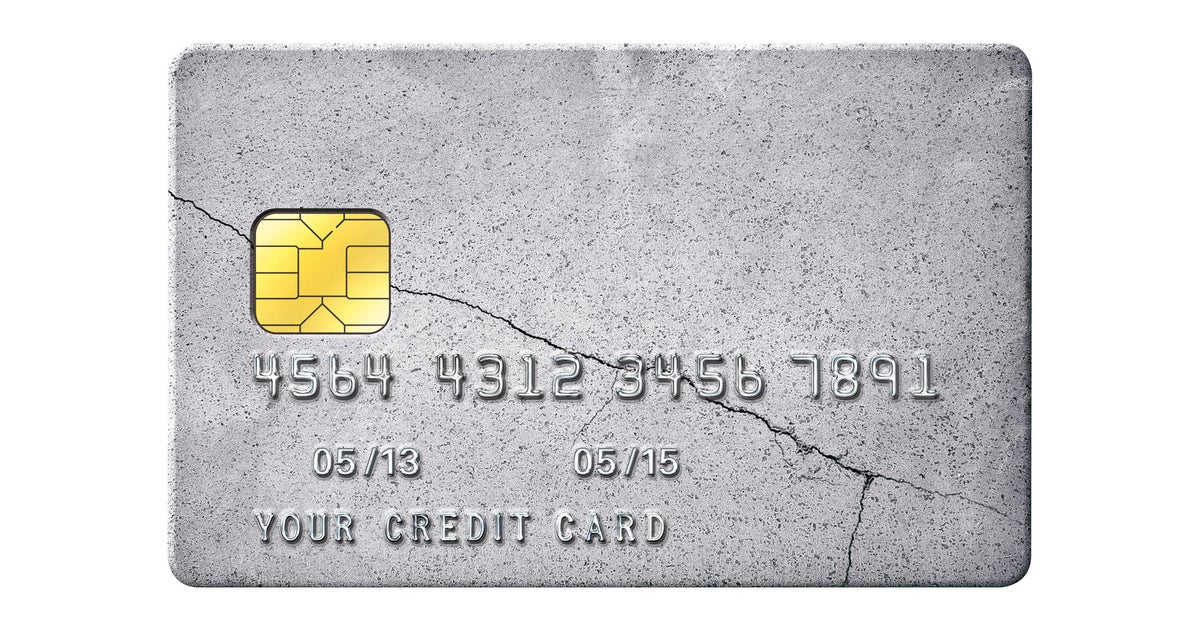Is a $40,000 home equity loan worth it?
Cost-effective borrowing options have been scarce in recent years. As inflation surged to a decade-high in 2022, interest rates designed to temper it rose in response. And while inflation has cooled significantly since it ticked back up in the first quarter of 2024 — leaving interest rates stuck at their highest level in 23 years. In this climate, borrowers need to be judicious about their options. Credit cards and personal loans both have interest rates in the double digits right now, making them less than ideal for those who need extra financing.
Homeowners, however, can turn to their home equity to make ends meet. By applying for a home equity loan now, owners can gain access to tens or even hundreds of thousands of dollars, depending on their current home value and what they owe on their mortgage.
But if you're a homeowner who just needs minimal help, a loan in the six figures may be excessive. For these owners, a home equity loan for $40,000 or less could be sufficient. However, is a $40,000 home equity loan even worth it? Or are owners better off accessing this money in an alternative way? That's what we will break down below.
See what interest rate you could get on a $40,000 home equity loan here now.
Is a $40,000 home equity loan worth it?
While every homeowner's financial situation is unique, there are some compelling reasons why a $40,000 home equity loan could be worth it now. Here are five to know:
It won't drastically reduce your existing equity
The average homeowner has around $290,000 worth of equity now, with approximately $190,000 accessible. So, if you're one of these owners and you want to take out a $40,000 home equity loan you can rest assured knowing that this loan amount won't drastically reduce your existing equity. And, if you own a home in a region that has seen home values surge in recent years, you may have additional equity to tap into, making the $40,000 loan amount even more manageable.
See how much home equity you have to work with online today.
It can still cover major costs
While $40,000 may not be enough to buy another home, it can still cover major costs ranging from weddings to education to paying off other, higher-interest debt. You can also use it to make home repairs, renovations and improvements or simply keep it in the bank for emergencies. For many, it could be the perfect amount to borrow while still keeping payments manageable.
It will be easier to pay back
A $40,000 home equity loan paid back at today's 8.66% rate over 10 years would come out to just under $500 per month. If you extended that payoff time to 15 years you'd pay even less monthly (around $398). That could be less than some of the monthly utility bills and car payments you're already making — and it'll be made with an extra $40,000 worth of cash in the bank to utilize as you see fit.
The rates are better
Home equity loans have some of the lowest interest rates on the market right now. While credit cards and personal loans are both in the double digits, and HELOCs are approaching 10% right now, home equity loans are under 9% for qualified borrowers. Crunch the numbers to see what $40,000 would cost you with the alternatives and it becomes clear that a home equity loan is your most cost-effective option now.
You may be able to deduct the interest from your taxes
If the spring season has you looking for ways to finance home projects then a home equity loan may be your best option. Unlike other credit types, the interest you pay on a home equity loan is tax-deductible if used for eligible home projects. Just make sure you speak with an accountant (and keep all receipts) to ensure that your particular work will qualify for your next tax filing.
The bottom line
In today's unique economic climate, a home equity loan for $40,000 could be the ideal fit for many homeowners. With the average amount of equity high right now, a loan in this amount won't drastically reduce most owners' equity amount but it can still cover major costs and it will be easier to pay back than other higher-rate alternatives. And, if used for eligible purposes, owners may be able to deduct the interest they paid from their taxes. That all noted, owners should be cautious with home equity borrowing and have a clear repayment plan in place. Since the home will be used as collateral in these circumstances they could risk losing it if they can't pay back what they borrowed.




